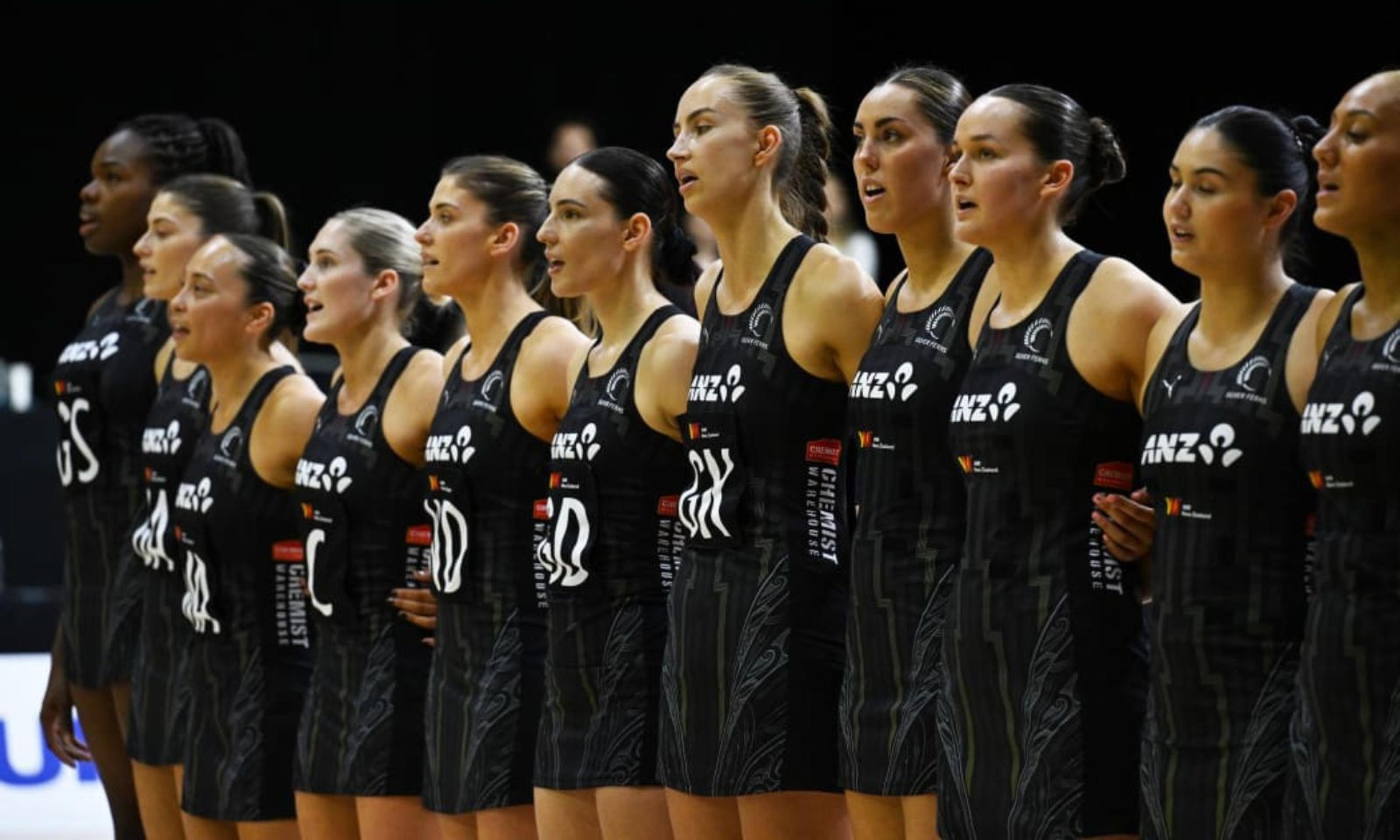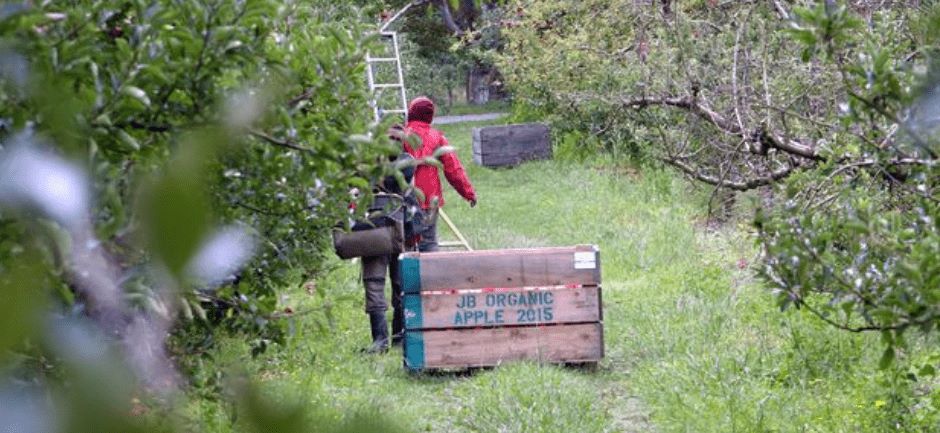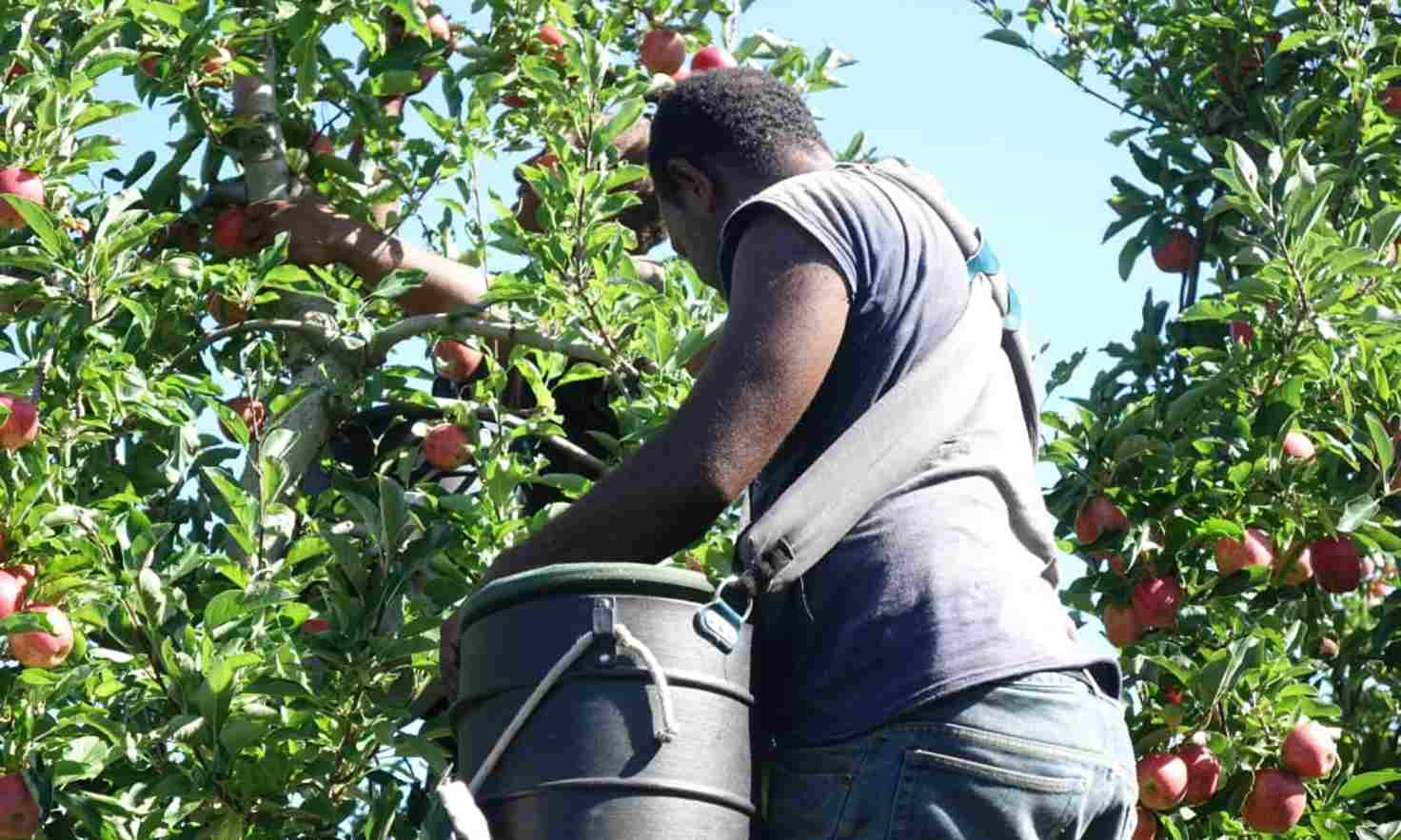

Thousands of Pacific workers have been away from their homes for up to a year, but a new visa policy may allow for families to join them.
Photo/supplied
Experts warn of Pacific economic challenges if seasonal work schemes not carefully managed
Pacific island nations are losing thousands of skilled workers to New Zealand and Australia - here's why.



Fiji’s former Prime Minister and police chief charged with inciting mutiny

Immigration reassesses toddler's declined visa request as Children's Commissioner steps in

US funding cuts threaten to 'dry up' future of Pacific scientists - expert


Fiji’s former Prime Minister and police chief charged with inciting mutiny

Immigration reassesses toddler's declined visa request as Children's Commissioner steps in
The Pacific Engagement Visa (PEV) programme that allows workers and their families to apply online for permanent residence in Australia is sparking conversation over the future of the seasonal labour industry in the region.
The highly competitive new visa lottery, legislated in Australia’s Parliament in October, will see up to 3000 places made available annually to Pacific and Timor-Leste nationals through an online ballot process that opens on 3 June.
But New Zealand-born Brisbane-based Tongan educator Dr Ruth Lute Faleolo says she’s concerned about the unfair distribution of spots and the impact the pathway to residency will have on the economies of participating countries.
Watch Dr Ruth Lute Faleolo’s interview below.
Faelolo’s family moved from Otara, South Auckland, to Beenleigh, Logan City, in Brisbane in December 2015.
Faleolo, who also has ties to Fiji, Samoa and Uvea, has been working with Pacific communities there with a focus on the unceded lands of the First Nation Yugambeh language people in Queensland.
She said her work with Pacific communities in Queensland included the PALM (Pacific Labour Mobility) Scheme.
“I'm interested because it is giving our people an opportunity to come across and those who are on the PALM schemes, who are on a seasonal type visa, to apply for a more permanent position here,” she told PMN News.
“I'm sure it [PEV] will benefit our Pacific families who can participate. But I'm concerned that there's a lack of voice or maybe co-design around these changes that are happening.
“What the processes look like on the ground for the Pacific people that are applying, and whether they're aware of the impacts of this on the economies of the sending country.”
Faleolo said with threats to health like disease outbreaks, climate and cost of living, the exodus of skilled workers such as labourers and professionals would leave a region facing workforce shortages.
New Zealand’s Recognised Seasonal Employer (RSE) Scheme has 19,000 workers from Fiji, Kiribati, Nauru, PNG, Samoa, Solomons, Tonga and Tuvalu employed since its inception in 2007.

The workers can stay in Aotearoa for up to seven months during any 11 months. The exceptions to this are workers from Tuvalu and Kiribati, who can stay for nine months because of the distance from New Zealand and the cost of travel.
Massey University’s Pacific Research and Policy Centre Co-Director, Regina Scheyvens, told Pacific Mornings’ William Terite that
She said while the sacrifice of being apart from their families for some time is going to be worth it, over time, the balance has tipped.
“Along with my colleague, Dr Api Movono, we looked into this last year and we feel that it’s definitely in favour of New Zealand and those industries, promoting Aotearoa’s continued economic improvement," Scheyvens said.
“But at the same time, it's not assisting the Pacific as much as possible. We visited Vanuatu and Fiji last year to research the tourism sector. We kept hearing from many people about ways in which the RSE Scheme, together with its sister PALM Scheme in Australia, were having a lot of negative impacts on businesses and particular sectors within the Pacific.
“In the first 15 years of the RSE, there were just over 100,000 visa arrivals in New Zealand. But in the year to June 2023, there were 48,000 arrivals to Australia and New Zealand as part of these labour schemes. So in a single year, you had half the number that had come in the previous 15 years,” Scheyvens said.
As for the PEV programme, Papua New Guinea has been given 1350 places, 300 each to Fiji and Timor, 150 each to Vanuatu, the Solomon Islands, and Tonga, 100 each to Nauru and Tuvalu, and 50 each to the Federated States of Micronesia, and Palau. The remaining 300 are expected to go to Samoa, the Marshall Islands, and Kiribati.
Faleolo said she was also concerned the PEV ballot system could discriminate against Pasifika, particularly those in the remote islands who need this visa more, but could not get access to the internet or did not have the funds for both the initial and application costs.
She called for a Pacific-led framework, saying while the programme was in its initial phase of designing, Australia could amend this “misstep” by going back to the region’s leaders and asking them about their views.
“How is this benefit going to be fairly distributed across the countries? Who most needs this opportunity? Countries like Fiji already have a strong connection through other migration schemes, so I think they need to probably look at it together as a group of leaders. Can this framework then allow for a more equitable distribution of this benefit?
“I know that it's 25 Australian dollars for the initial registration and then when you get through to the next level it's 325 Australian dollars and that's not a little thing. So there are a lot of things that need to be considered with regards to the process implemented in the islands and what that looks like.
“They need to probably look at the alternative, a non-online process, that's going to allow a more equitable access. They need to go back to the islands possibly. The Australian government websites state that it has systems or processes of support.”
She said her research also “brings unique and critical insights” into the trans-Tasman and trans-Pacific migration of Pasifika, about their holistic mobilities, and collective wellbeing.
Faleolo said NZ should adopt a similar pathway to residency policy to Australia’s and review Aotearoa’s Pacific Access Category, Samoa Quota and the RSE Scheme.
“It's not a hidden thing that our Pacific people are the heartbeat of a lot of the agricultural sectors in New Zealand and Australia, so why would you withhold from them their access and ability to stay there long term?
“New Zealand should explore the pathway to residency. It is already using the labour forces from the islands. But to have it on such a seasonal rotation can be quite disruptive for our families who do want to access the benefits of higher education and other career-building development pathways through Aotearoa and Australia.
“To sort of just allow it through Australia, you're gonna find the side-effects of that, which is people coming across from New Zealand into the Australian labour force, if New Zealand neglects to consider this as another option.”

Scheyvens said Aotearoa and Australia had scaled up their schemes, expanded by lengthening the periods that people could stay in both countries, “which the workers can earn a bit more money that way. That's generally been seen as an attractive thing to the people providing that labour.
Some Pacific leaders have also raised their concerns about the impact of the seasonal work programmes, with Fiji’s Prime Minister Sitiveni Rabuka calling for a rethink of the RSE Scheme during his visit to Wellington last June.
Rabuka said 20,000 Fijians were on the books, on the waiting list, for work in NZ and Australia but he did not want this to compromise the Fijian labour market.
Rabuka’s Samoan counterpart Fiamē Naomi Mata'afa has also raised her concerns about the loss of skilled workers in her country.
Scheyvens said Pacific island nations were being treated as outposts to grow labour for New Zealand and Australian economies which was “highly problematic”.
“I would echo their concerns because I think you have to get the balance right. If we think about that seesaw, I don't want to say there shouldn't be these schemes, because that is not what Pacific Island peoples are saying.
“I’m just trying to share some of the concerns about the balance being tipped in the favour of the countries, which are already economically better off.
“We should be doing whatever we can to help Pacific economies thrive,” Scheyvens said.